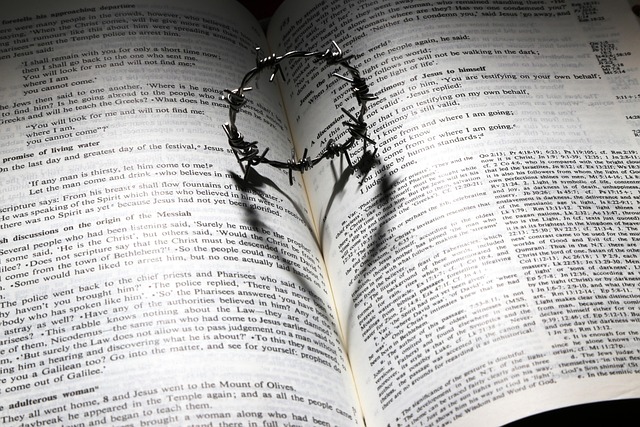The Significance of Good Friday: A Religious Reflection
Good Friday holds a profound weight in the hearts of millions around the world. Observed primarily by Christians, this day serves as a solemn reminder of the sacrifices made by Jesus Christ, ultimately leading to his crucifixion. It’s a day enveloped in reflection, sorrow, and deep spiritual significance.
The essence of Good Friday lies within its name—a paradox of sorts. The day marks one of the darkest moments in Christian history, yet it is called “good” because it heralds the promise of hope and redemption. It emphasizes the profound love and grace that God embodies, willing to endure suffering for the sake of humanity. This juxtaposition echoes the core message of Christianity: through suffering can come salvation.
As individuals observe Good Friday, they engage in various rituals, traditional customs, and religious services that deepen their faith. Many partake in fasting, attending church services, and reflecting on the Passion of Christ. These practices pave the way for introspection and humility, allowing individuals to confront their sins and seek forgiveness.
For many believers, Good Friday is also an opportunity to foster a stronger connection with their community. The collective grief experienced on this day unites individuals in a shared purpose: to honor the sacrifices made for their salvation. Whether through communal worship or acts of charity, people come together to reinforce their beliefs and support one another during this period of mourning.
The liturgical significance of Good Friday cannot be understated. Many churches hold somber services that include the veneration of the cross, a powerful symbol of Christ’s suffering. These rituals allow followers to express their grief and gratitude simultaneously. They serve as a poignant reminder of the human experience—one filled with trials, tribulations, love, and, ultimately, hope.
As we observe Good Friday, it’s crucial to take a moment to reflect on the transformative power of sacrifice in our own lives. How can we embody the lessons of compassion, love, and forgiveness that Good Friday teaches us? How can we carry the spirit of this day forward, not just within the confines of our faith but in our daily interactions with others?
Ultimately, Good Friday is not merely a day of remembrance but an invitation to cultivate a deeper, more meaningful relationship with God and our fellow human beings. It encourages us to examine our own lives and consider how we can extend grace to others, just as we have received grace ourselves. This reflective journey fills our hearts with understanding and strengthens our resolve to embody the teachings of love and sacrifice in our everyday lives.




